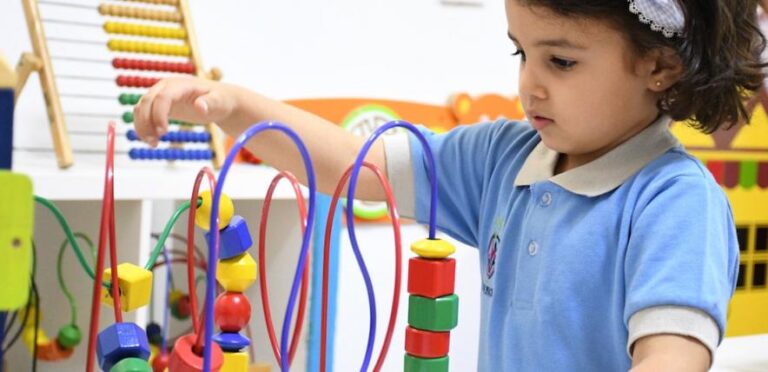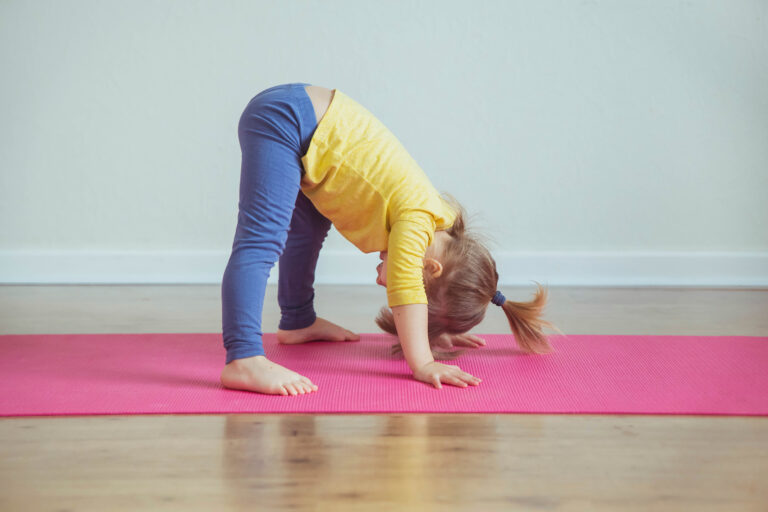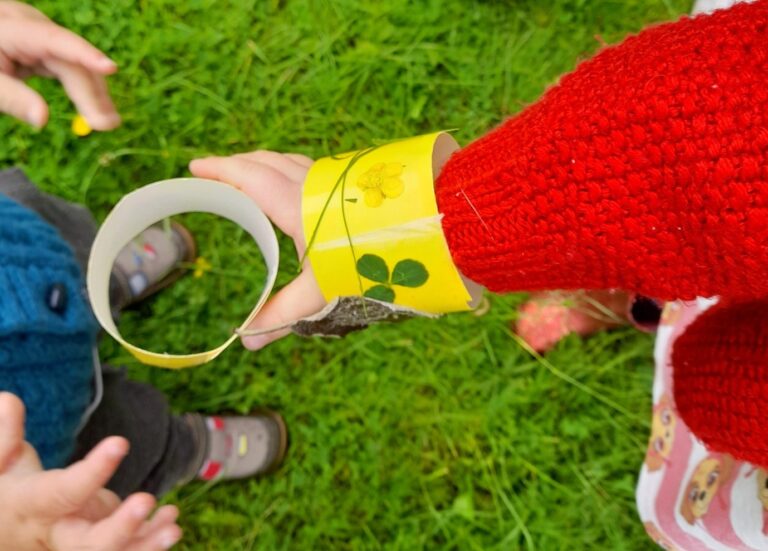The question of sleep, how much, when and where can become a real issue for parents whose children refuse to go to sleep. Parents should be reassured that sleep patterns change with changing routines and events in a child’s life and that children have very individual needs when it comes to rest and sleep times during the day. If your child is attending nursery or pre-school, you may be frustrated by the fact that they seem to be able to go to sleep in the busy nursery environment and yet refuse to sleep at home.
Tips for improving nap time
- Talk to your child’s key person if you are having difficulty getting your child to rest or sleep during the day, or if bedtime is becoming a battle of wills. They may be able to offer advice, sharing their knowledge of what works well for others. Most importantly your child’s key person will want to work in partnership with you and will try to help.
- Your child’s key person will always try to follow your wishes whilst ensuring that your child’s needs are met. If you request for your child ‘to have a sleep at nursery’ they will be offered the opportunity to do so – rather than guaranteeing you that it will happen.
- Remember that it is the consistent routines at nursery that will help children to establish patterns of behaviour; the same routines can be encouraged at home during the day. For example a quiet time after lunch for a story or relaxing music.
- On some days and in some situations your child will not need to sleep but will still recharge if they have the opportunity to rest quietly when they are ready to – you could try encouraging them to relax in a comfortable place with lots of cushions, and perhaps some soothing music to help them rest.
- Sleep should not become an ‘issue’, a child who is exhausted is unlikely to give in to the sleep that they need if there is tension – even adults know that the harder you try to fall asleep, the less likely it is to happen, so having somebody tell you that you must ‘lie down and go to sleep’ is unlikely to achieve the desired outcome.
- Set a good example – the likelihood is that you need ‘time out’ to rest and relax during your busy day too. Try to make some time in the day to rest with your child rather than trying to get those little jobs completed whilst they are asleep. Be realistic about the tasks that have to be done right away and those that can wait until tomorrow.
- Ultimately children are good at self regulating when it comes to their need for sleep and/or rest. The most important thing you can do is offer a safe, comfortable and consistent environment in which they can do so.
- If your child’s sleep patterns become a concern, particularly if they are not sleeping through the night, talk to your GP or Health Visitor to rule out any underlying emotional or behavioural problem that might be affecting their sleep.
Further information
https://www.nhs.uk/conditions/baby/caring-for-a-newborn/helping-your-baby-to-sleep/
https://thesleepcharity.org.uk/information-support/children/








